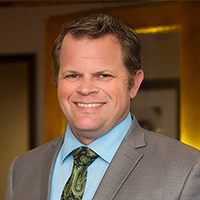Cinebar Criminal Lawyer, Washington
Sponsored Law Firm
-
 x
x

Click For More Info:
-
Russell & Hill, PLLC
1212 North Washington St. Suite 132 Spokane, WA 99201» view mapCriminal Defense Law Professional, Personal, Proven
You have questions, and we have answers. Here at Russell & Hill, PLLC, we know how to obtain the most favorable outcome for your particular circumstances.
800-928-5340
M. Preston White
✓ VERIFIEDPreston White is an attorney representing clients in criminal and family law cases in Olympia, Washington, and the surrounding counties. While serving... (more)
Jason Newcombe
✓ VERIFIEDFrom our offices in Seattle and throughout the state of Washington, we help families solve difficult legal problems and move on with their lives. ... (more)
Mark Stanley Brumbaugh
✓ VERIFIEDMr. Brumbaugh is the senior shareholder of Walstead Mertsching. He joined the firm in 1992 and has been a shareholder since 1996. He primarily repre... (more)
Christine D. Langley
Breckan Scott
FREE CONSULTATION
CONTACT James Hill Spokane, WA
James Hill Spokane, WA Practice AreasExpertise
Practice AreasExpertise



